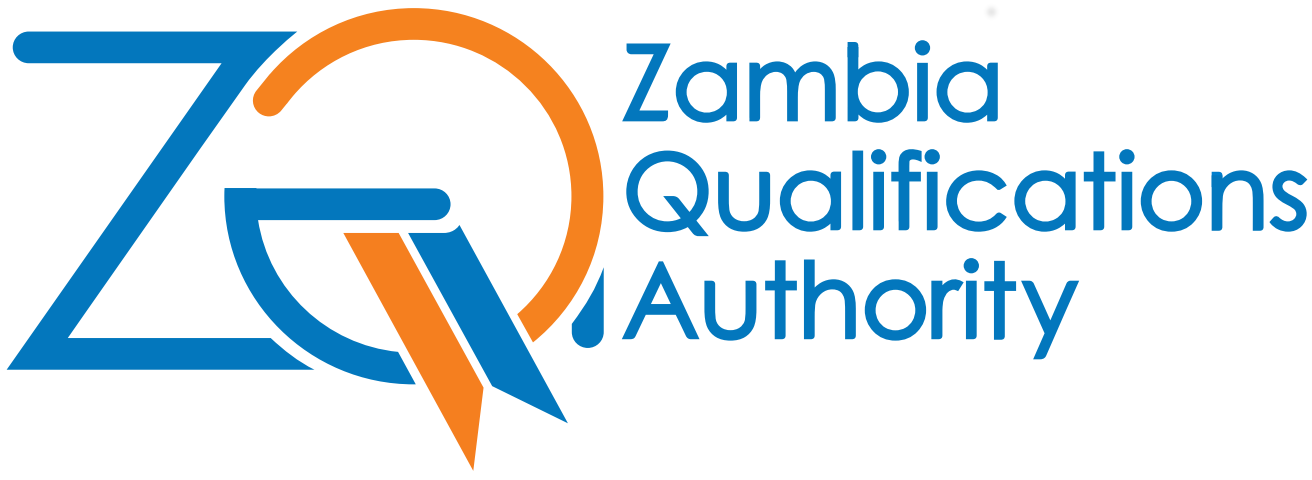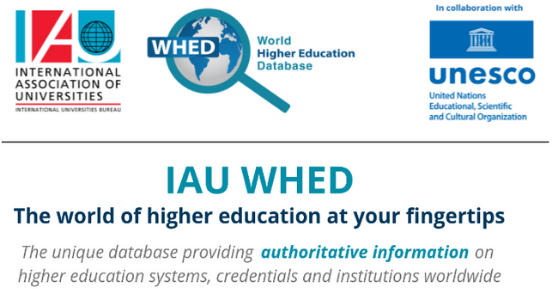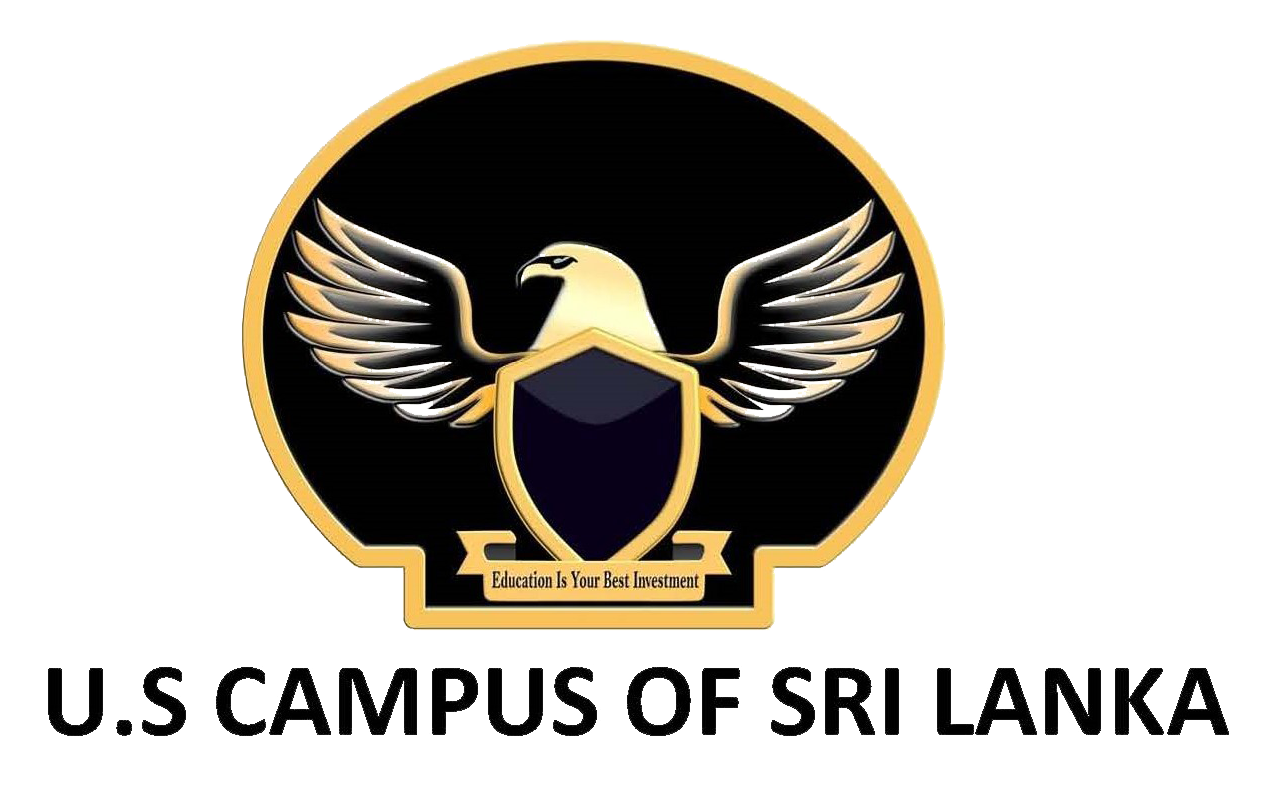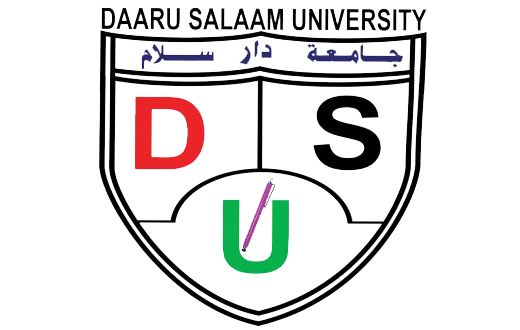ENTRY REQUIREMENTS Grade 12 with 5'o levels (Credit or Better) in Math, English, and any Sci......
Online Payments
Exchange Rates
Student Library
Our news and Events
Latest News & Events
16
Mar, 2025
- GIDEON ROBERT UNIVERSITY HQ
UPGRADE TO DENTAL TECHNOLOGY DIPLOMA WITH A DENTAL THERAPY ASSISTANT SURGERY CERTIFICATE
09
Mar, 2025
- GIDEON ROBERT UNIVERSITY HQ
DENTAL THERAPY ASSISTANT SURGERY CERTIFICATE| UPGRADE YOUR QUALIFICATIONS WITH US TODAY!
02
Mar, 2025
- GIDEON ROBERT UNIVERSITY HQ
EMPLOYMENT OPPORTUNITY: LECTURERS NEEDED | COMPUTER SCIENCE | ELECTRICAL AND ELECTRONICS | CIVIL ENG

Transform Your Future with Excellence in Education
- Unlock your potential with expert guidance.
- Achieve your academic and personal goals.
- Empower yourself with lifelong learning skills.




Our University Courses

Bachelor Degree
BA. Biblical studies
PURPOSE (Why Study Theology) Theology offers the opportunity to focus on the Christian faith in detail through......

Bachelor Degree
Bachelor of Laboratory Medicine
ENTRY REQUIREMENTS Grade 12 with 5'o levels (Credit or Better) in Math, English, and any Sci......

Bachelor Degree
Bachelor in Social Work Practice & Development Studies Bachelor of Development Studies
ENTRY REQUIREMENTS Grade 12 with 5'o levels (Credit or Better) in Math, English, and any Sci......

Advanced Certificate
Advanced Monitoring & Evaluation
ENTRY REQUIREMENTS Grade 12 with 5'o levels (Credit or Better) in Math, English, and any Science, plus any ......

Masters Degree
Master of Science in economic and Finance
ENTRY REQUIREMENTS Grade 12 with 5'o levels (Credit or Better) in Math, English, and any Sci......
Accreditation | Affiliation | Registration









